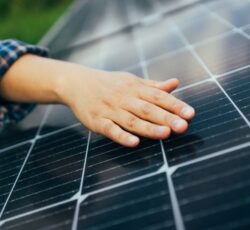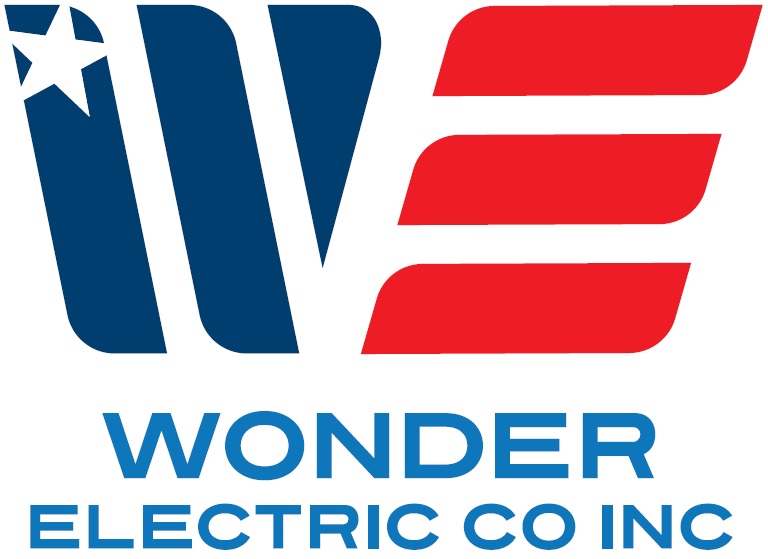 Shedding Light on Solar Energy: Understanding the Benefits and Drawbacks
Shedding Light on Solar Energy: Understanding the Benefits and Drawbacks
Solar energy is becoming an increasingly popular source of renewable energy around the world. It is an effective and eco-friendly alternative to fossil fuels, which is why it appeals to environmentally conscious individuals and businesses. However, like any other energy sources, it has its benefits and downsides. In this article, we’ll discuss the advantages and disadvantages of solar energy to help you decide if it’s a viable option for your needs.
Benefits of Solar Energy
1. Environmentally Friendly
Solar energy is one of the most environmentally friendly energy sources. It does not produce any emissions that contribute to air pollution or greenhouse gases that cause climate change. The process of generating electricity through solar energy is entirely sustainable and has no environmental impact.
2. Renewable
Sunlight is available abundantly around the year without running out, making solar energy a renewable and reliable energy source. It is sustainable and can provide an infinite supply of energy, unlike fossil fuels that are finite and limited.
3. Saves Money
Investing in solar panels can save you significant money in the long term. Although the upfront cost of the solar panels may seem hefty, the system’s cost will be offset over time by the savings on energy bills. Additionally, solar panels can produce excess energy, which you can sell back to the grid, making it a profitable investment in the long term.
4. Low Maintenance
Solar panels require little maintenance beyond regular cleaning. Once installed, the system will require little attention throughout its lifespan. Most manufacturers offer a warranty that can last up to 25 years, covering the panels’ maintenance and replacement costs.
Drawbacks of Solar Energy
1. Expensive upfront cost
The upfront cost of equipping your home or business with solar panels is expensive, which can be a hindrance for some people. The initial cost of solar panels and installation can put a dent in your budget, which may push people towards more affordable energy sources that have hidden costs.
2. Dependence on sunlight
Solar panels depend wholly on sunlight to generate electricity. The amount of energy produced depends on the amount of sunlight received, meaning that the solar panels’ efficiency will fluctuate depending on the weather. This can be a significant drawback in areas that experience frequent cloudy or rainy weather, as the solar panels would produce less energy.
3. Requires a large space
To get the maximum amount of energy from solar panels, it requires a large surface area to mount them. For this reason, it may not be feasible for everyone to install solar panels, especially for those living in smaller homes or apartments. However, as technology improves, solar panel efficiency is increasing, and smaller solar panel models are now available.
4. Energy Storage
Solar energy requires energy storage components like batteries to store excess power. These batteries are expensive, and their storage capacity varies. It means that batteries may not sustain energy use during the periods of low energy production or when there is a shortage of sunlight. Additionally, the batteries’ environmental impact during the production and disposal process is a growing concern.
5. Can be affected by location and position
The efficiency of solar panels depends on its location and positioning. If you live in an area with fewer sunlight hours or a location with tall buildings or trees that can obstruct sunlight, solar power may not be as effective in meeting energy demands.
Final Thoughts
Solar energy is a clean and renewable source of energy that doesn’t produce emissions or air pollution. Although it has many benefits, there are also some drawbacks to consider. The initial cost of installation can be expensive, and it requires a large amount of space to be effective. Energy storage can be a challenge, making it less reliable in areas where sunlight is intermittent. However, solar energy is becoming more accessible and affordable with technological advancements.
Before making the decision to invest in solar energy, you should consider your energy needs, location, budget, and long-term benefits. Turning to solar energy for your energy needs may provide an excellent long-term solution for you. It’s an excellent investment, allowing you complete independence from the grid, generating power sustainably, and even earn back some money with excess energy production.
